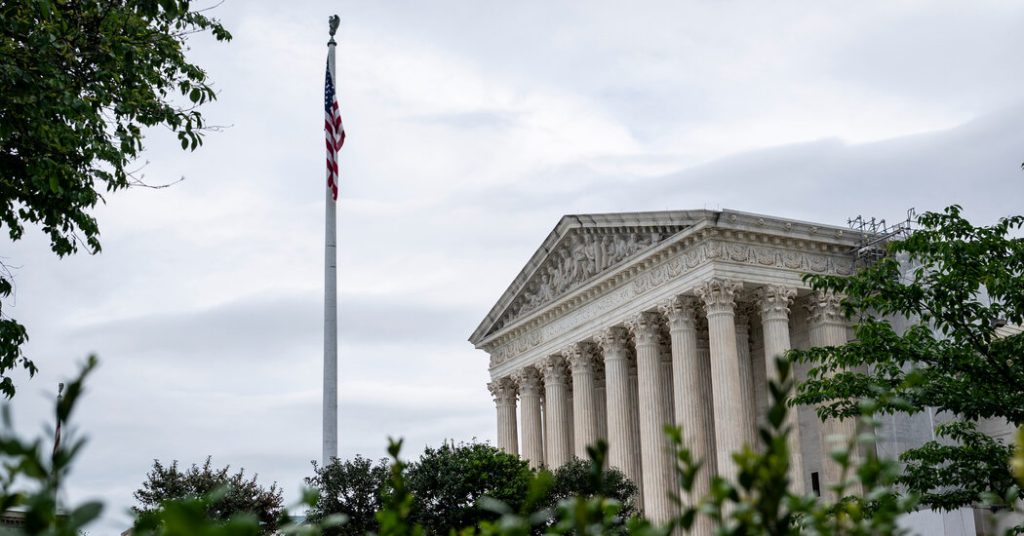The Supreme Court’s conservative majority appears poised to rule that former presidents have some level of immunity from criminal prosecution. This decision could have significant implications for the criminal case against former President Donald J. Trump, who is facing charges related to his alleged efforts to subvert the 2020 election. The court is considering whether presidents can be held accountable for their official actions and how to differentiate between official and private conduct. This ruling could delay the trial further, potentially pushing it past the 2024 election.
During the recent argument, there were concerns raised about the timing of the trial and the potential impact on future presidencies. Some conservative justices criticized the prosecution as politically motivated and emphasized the need to clarify laws regarding presidential power. Chief Justice John G. Roberts Jr. seemed skeptical of the appeals court’s decision rejecting Mr. Trump’s immunity claim. Several justices expressed a desire to make a ruling that establishes a precedent for presidential powers, rather than focusing on the specifics of Mr. Trump’s case.
The argument also delved into the distinction between official and private conduct, with Mr. Trump’s lawyer arguing for a broad understanding of presidential immunity. However, several conservative justices were hesitant to address hypothetical scenarios or details of the allegations against Mr. Trump, preferring to focus on broader implications for future presidencies. Justice Amy Coney Barrett appeared more willing to consider sending parts of the case to trial in the near future, highlighting Mr. Trump’s private conduct as a key factor in the decision.
Mr. Trump is facing multiple criminal charges related to his efforts to overturn the 2020 election results. The case before the court is just one of several pending criminal charges against him, including a trial in state court over hush-money payments. The outcome of the Supreme Court’s decision could have far-reaching implications for future presidential conduct and the criminal justice system. Justice Alito proposed a principle to distinguish official and unofficial conduct, while Justice Sotomayor raised objections to this approach.
The court has previously considered cases related to the Jan. 6 attack on the Capitol, including rejecting an attempt to bar Mr. Trump from the ballot under the 14th Amendment. Last week, the court heard arguments on the use of a federal obstruction law in prosecuting Capitol rioters, which also plays a role in Mr. Trump’s case. Justices expressed skepticism about the application of this law to the events of Jan. 6, with Justice Gorsuch highlighting concerns about potential misuse of the law. The court is grappling with complex legal issues that could have lasting implications for presidential accountability and the functioning of democracy in the United States.


